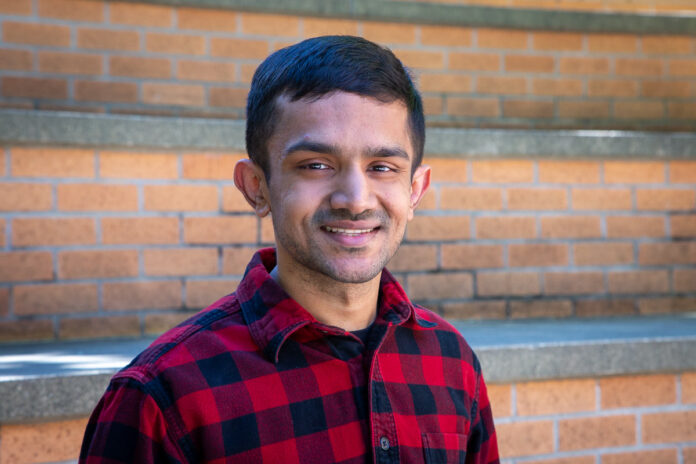Introduction to Moral Philosophy
Moral philosophy is a branch of philosophy that deals with the study of right and wrong, good and bad, and how humans interact with each other. It helps us understand how to live a good life, how to treat others, and how to make decisions that are morally sound. For Abe Mathew, a philosophy doctoral student at MIT, moral philosophy is essential in understanding how humans relate to each other.
The Importance of Autonomy and Affinity
Mathew believes that individual rights play a crucial role in protecting our autonomy, which is the freedom to make our own choices and decisions. However, he also thinks that we need to acknowledge the importance of affinity, or closeness, with other human beings. "We should also acknowledge another feature of our moral lives," he says, "namely, our need for affinity or closeness with other human beings, and our continued reliance on them to live flourishing lives in the world." Autonomy and affinity are two opposing forces that create morality, according to Mathew.
The Correlativity Thesis
Mathew is investigating the Correlativity Thesis, which states that every obligation we owe to another person correlates to a right that they have against us. While this idea is widely accepted, Mathew believes that it is not always true. He gives the example of a pregnant person on a bus who may not have a right to someone’s seat, but the person may still have an obligation to give up their seat. "There isn’t necessarily a one-to-one relationship between rights and obligations," he says.
Shared Responsibility
Mathew’s research is based on the value of shared responsibility. He believes that we need each other’s help to do things and that mutual cooperation makes our lives possible. "We need folks’ help to do things," he says. When we lose sight of moral values, our societal connections can fall away, and we risk serious dysfunction. Mathew suggests that morality puts a certain kind of pressure on us to "pay it forward" and do for others what was once done for us.
Paying it Forward
Mathew values the notion of paying it forward because he has seen its value in his own life. "I’ve encountered so many people who’ve gone above and beyond that I owe them," he says. He believes that if we don’t pay it forward, we are making an exception of ourselves and saying that we were worthy of help, but no one else is. Mathew’s work with the local chapter of Corrupt the Youth, a philosophy outreach program, is an extension of his belief in our shared responsibility for one another.
Public Philosophy
Mathew has been extensively involved in public philosophy, organizing events like the "Ask a Philosopher Anything" panel at MIT. He believes that moral philosophers should consider the practical, real-world applications of their ideas. Those who have been given a lot, he believes, have a greater responsibility for others. By paying good deeds forward, we can consistently improve social systems and build a world that allows for our mutual benefit.
Conclusion
In conclusion, Mathew’s work highlights the importance of moral philosophy in understanding how humans interact with each other. By acknowledging the importance of autonomy and affinity, shared responsibility, and paying it forward, we can build a world that allows for our mutual benefit. As Mathew says, "Moral philosophy should help build a world that allows for our mutual benefit." By considering the practical applications of moral philosophy, we can create a more just and equitable society where everyone has the opportunity to thrive.

